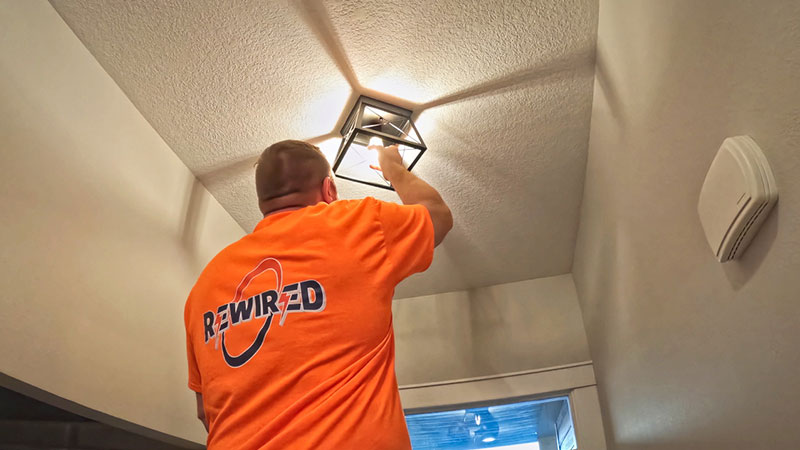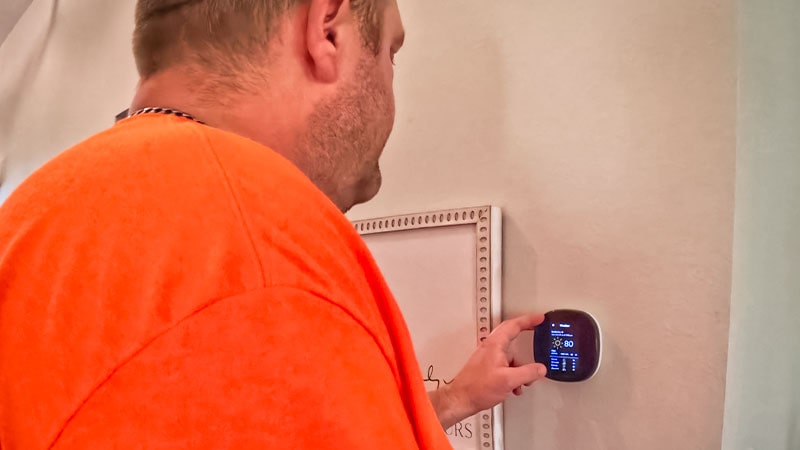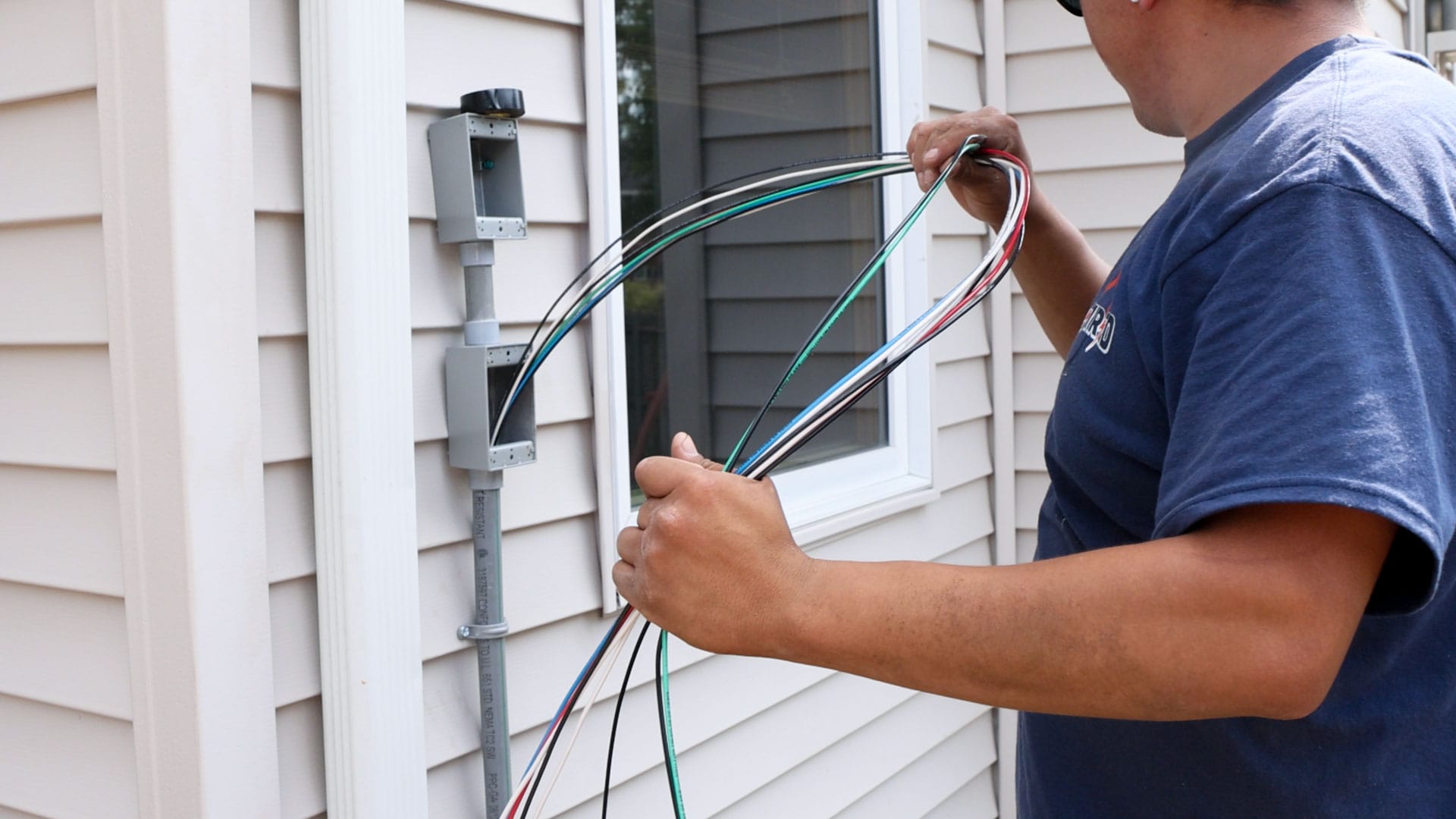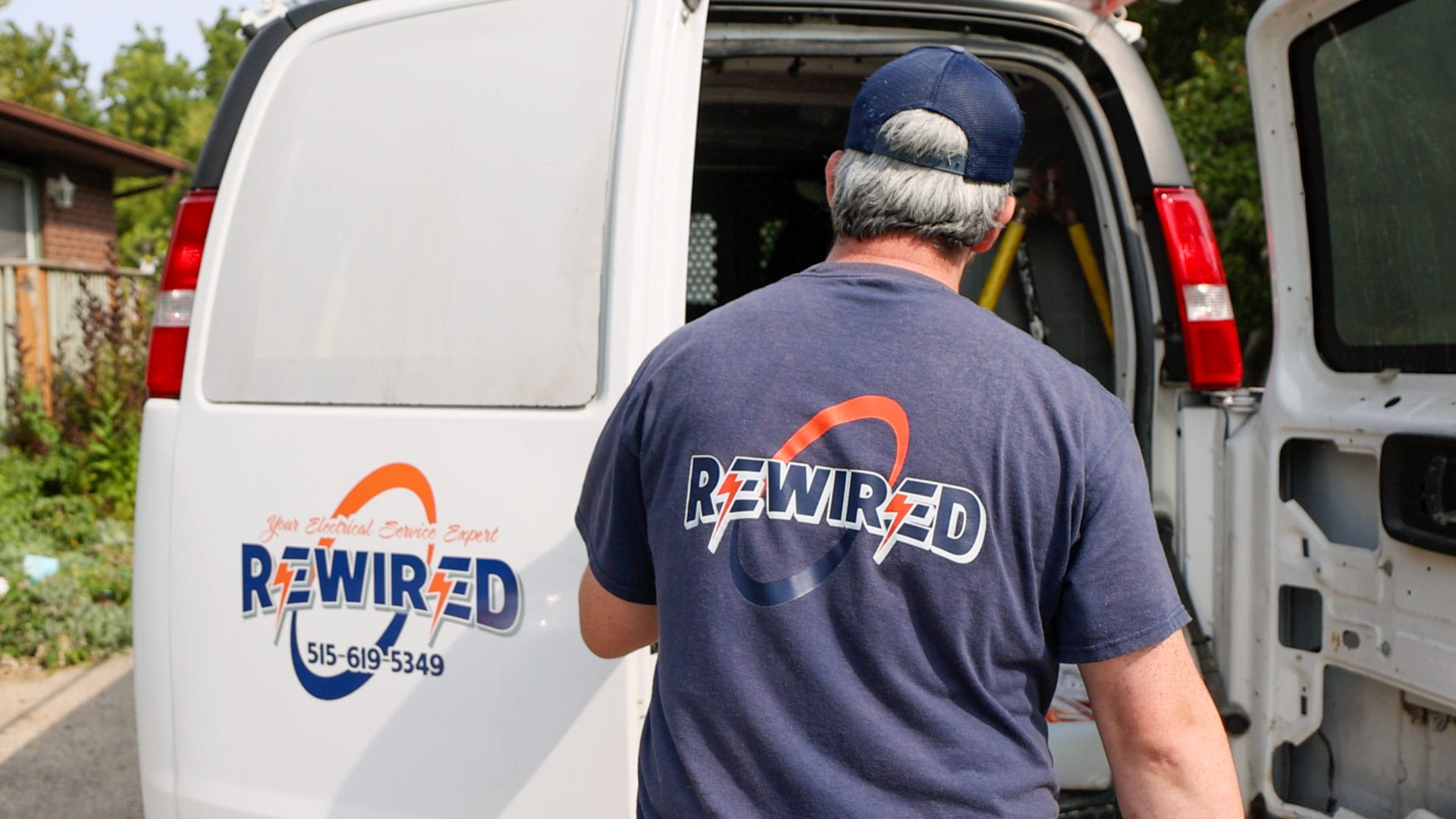Low Voltage Electrical Work
Low voltage electrical work encompasses a range of installations and services that operate at voltages typically below 50 volts. This includes systems like security alarms, home automation, telecommunications, and data wiring. At Rewired Iowa, our licensed electricians are skilled in low-voltage installation, ensuring that your systems run smoothly and efficiently. By specializing in this area, we can help enhance your home’s connectivity and functionality without the risks associated with high-voltage systems.


Importance of Low-Voltage Electrical Work
Investing in low-voltage electrical work is crucial for modern households, where technology plays a central role in everyday life. Properly installed low-voltage systems can improve energy efficiency and reduce power consumption. Furthermore, they provide added convenience and security. For instance, a well-designed computer wiring setup ensures reliable internet connectivity, while security systems protect your home from intruders. Our electrical service upgrades often include low-voltage installations, enhancing your home’s overall infrastructure, convenience, and safety.
Focus on Sensitive Equipment and Grounded Circuits
When dealing with sensitive equipment, such as computers and audiovisual systems, low voltage installations are particularly important. These systems require grounded circuits to function optimally and prevent damage from electrical surges.
At Rewired Iowa, our experienced Des Moines electricians prioritize the safety and reliability of your devices through meticulous installation practices. This attention to detail not only protects your sensitive equipment but also contributes to the longevity of your entire electrical system.


Contact Rewired Iowa for Professional Low-Voltage Solutions
If you’re considering low voltage electrical work for your home, look no further than Rewired Iowa. Our team of licensed electricians is dedicated to providing high-quality low-voltage installations and ensuring your systems are compliant with current safety standards.
